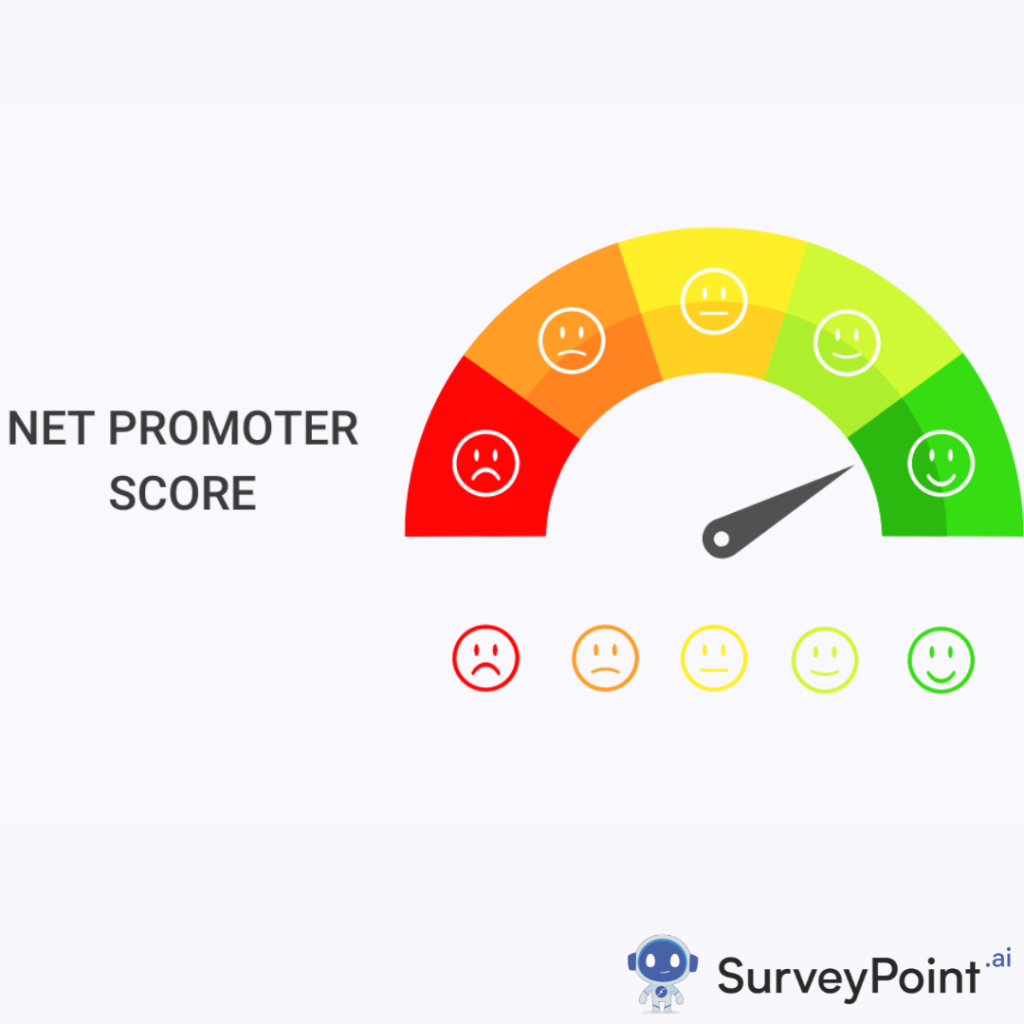
The real estate industry, long entrenched in tradition, is undergoing a profound transformation fueled by the integration of cutting-edge technologies. At the forefront of this revolution stands Artificial Intelligence (AI), a disruptive force reshaping how we navigate the complex landscape of property transactions.
In this comprehensive exploration, we dive into the multifaceted role of AI in the real estate sector, uncovering its power, benefits, practical examples, and diverse applications.
The Power of Generative AI in Real Estate
Generative AI, a potent subset of artificial intelligence, emerges as a pivotal player in redefining real estate dynamics. Leveraging deep learning algorithms, generative AI revolutionizes the design process by autonomously creating architectural designs, 3D models, and virtual walkthroughs. This not only expedites the development phase but also enhances visualization, offering prospective buyers a transformative experience.
Benefits of Using AI in Real Estate Industry
- Efficient Property Valuation
- Data-Driven Decision Making
- Improved Customer Engagement
- Cost Reduction through Automation
- Predictive Analytics for Market Trends
- Enhanced Personalization
- Optimized Operational Efficiency
Examples of AI in Real Estate
To comprehend the real-world impact of AI in real estate, examining practical examples is imperative.
- Zillow’s Predictive Analytics:
- Zillow, a prominent real estate platform, utilizes AI-powered predictive analytics to analyze vast datasets and forecast market trends. This enables Zillow to provide accurate property valuations, anticipate changes in property values, and offer personalized recommendations to users, enhancing their overall experience.
- Zillow, a prominent real estate platform, utilizes AI-powered predictive analytics to analyze vast datasets and forecast market trends. This enables Zillow to provide accurate property valuations, anticipate changes in property values, and offer personalized recommendations to users, enhancing their overall experience.
- Redfin’s AI-Powered Virtual Tours:
- Redfin incorporates AI to create immersive virtual tours of properties. This technology allows potential buyers to explore homes remotely, providing a realistic and interactive experience. Redfin’s AI-driven virtual tours revolutionize the property viewing process, saving time for both buyers and sellers.
- Redfin incorporates AI to create immersive virtual tours of properties. This technology allows potential buyers to explore homes remotely, providing a realistic and interactive experience. Redfin’s AI-driven virtual tours revolutionize the property viewing process, saving time for both buyers and sellers.
- Chatbots in Real Estate Websites:
- Numerous real estate websites employ AI-powered chatbots to enhance customer engagement. These virtual assistants can answer queries, provide information about properties, and schedule appointments. The use of chatbots streamlines communication, ensuring that potential buyers receive immediate and accurate responses to their inquiries.
- Numerous real estate websites employ AI-powered chatbots to enhance customer engagement. These virtual assistants can answer queries, provide information about properties, and schedule appointments. The use of chatbots streamlines communication, ensuring that potential buyers receive immediate and accurate responses to their inquiries.
- Automated Valuation Models (AVMs):
- AVMs, powered by AI algorithms, are employed by platforms like CoreLogic and HouseCanary to automate property valuations. By considering various factors such as location, comparable property prices, and market trends, AVMs deliver precise and rapid property valuations, facilitating efficient decision-making in real estate transactions.
- AVMs, powered by AI algorithms, are employed by platforms like CoreLogic and HouseCanary to automate property valuations. By considering various factors such as location, comparable property prices, and market trends, AVMs deliver precise and rapid property valuations, facilitating efficient decision-making in real estate transactions.
- Smart Building Technologies:
- Companies like Siemens and Honeywell leverage AI in smart building management. These technologies optimize energy efficiency, security, and maintenance. AI algorithms analyze data from sensors to predict maintenance needs, reduce operational costs, and enhance the overall performance and sustainability of commercial properties.
- Companies like Siemens and Honeywell leverage AI in smart building management. These technologies optimize energy efficiency, security, and maintenance. AI algorithms analyze data from sensors to predict maintenance needs, reduce operational costs, and enhance the overall performance and sustainability of commercial properties.
- Real Estate Investment Platforms:
- AI is employed in real estate investment platforms like Roofstock and PeerStreet. These platforms use machine learning algorithms to analyze various data points, helping investors make data-driven decisions. AI assists in predicting rental yields, assessing investment risks, and providing valuable insights for strategic real estate investments.
Applications of AI in Real Estate
The applications of AI in real estate extend across various facets, from optimizing property valuation processes to enhancing customer engagement, predicting market trends, managing smart buildings, detecting fraud, and delivering personalized property recommendations. The integration of AI technologies is instrumental in bringing efficiency, accuracy, and innovation to the real estate industry.
- Automated Valuation Models (AVMs):
- AI facilitates the creation of Automated Valuation Models, enabling accurate and rapid property valuation. By analyzing a multitude of factors such as location, comparable property prices, market trends, and historical data, AVMs provide real estate professionals with precise valuations. This streamlines the valuation process, allowing for quicker decision-making in property transactions.
- AI facilitates the creation of Automated Valuation Models, enabling accurate and rapid property valuation. By analyzing a multitude of factors such as location, comparable property prices, market trends, and historical data, AVMs provide real estate professionals with precise valuations. This streamlines the valuation process, allowing for quicker decision-making in property transactions.
- Predictive Analytics for Market Trends:
- AI-driven predictive analytics harness the power of machine learning to analyze vast datasets and forecast market trends. Real estate professionals can leverage this information to anticipate fluctuations in property values, rental rates, and demand. Predictive analytics empower stakeholders to make informed decisions regarding property investments, ensuring strategic positioning in a dynamic market.
- AI-driven predictive analytics harness the power of machine learning to analyze vast datasets and forecast market trends. Real estate professionals can leverage this information to anticipate fluctuations in property values, rental rates, and demand. Predictive analytics empower stakeholders to make informed decisions regarding property investments, ensuring strategic positioning in a dynamic market.
- Enhanced Customer Engagement through Chatbots:
- AI-powered chatbots are transforming customer engagement in the real estate industry. These virtual assistants can handle queries, schedule property viewings, and provide information on-demand. By automating routine tasks, real estate professionals can focus on more complex aspects of their roles, while potential buyers and sellers benefit from immediate and efficient assistance.
- AI-powered chatbots are transforming customer engagement in the real estate industry. These virtual assistants can handle queries, schedule property viewings, and provide information on-demand. By automating routine tasks, real estate professionals can focus on more complex aspects of their roles, while potential buyers and sellers benefit from immediate and efficient assistance.
- Smart Building Management:
- AI is instrumental in the development of smart buildings that optimize energy efficiency, security, and maintenance. Machine learning algorithms analyze data from sensors embedded in buildings to predict and respond to maintenance needs, reducing downtime and operational costs. Smart buildings enhance the overall performance and sustainability of commercial properties.
- AI is instrumental in the development of smart buildings that optimize energy efficiency, security, and maintenance. Machine learning algorithms analyze data from sensors embedded in buildings to predict and respond to maintenance needs, reducing downtime and operational costs. Smart buildings enhance the overall performance and sustainability of commercial properties.
- Fraud Detection and Risk Mitigation:
- The real estate industry is susceptible to fraud, making the incorporation of AI in fraud detection crucial. AI algorithms analyze transaction patterns, identify anomalies, and raise alerts for potential fraudulent activities. This enhances the security of real estate transactions, providing a safeguard against scams and mitigating risks associated with financial transactions in the industry.
- The real estate industry is susceptible to fraud, making the incorporation of AI in fraud detection crucial. AI algorithms analyze transaction patterns, identify anomalies, and raise alerts for potential fraudulent activities. This enhances the security of real estate transactions, providing a safeguard against scams and mitigating risks associated with financial transactions in the industry.
- Personalized Property Recommendations:
- AI algorithms analyze user preferences, behavior, and historical data to deliver personalized property recommendations. Platforms like Zillow and Realtor.com leverage AI to understand user preferences and provide tailored suggestions, saving users time and enhancing their overall experience. This personalization improves user engagement and satisfaction, increasing the likelihood of successful property transactions.
How AI Is Empowering The Real Estate Industry
AI empowers the real estate industry by automating processes, improving accuracy in valuations, enhancing customer interaction, predicting market trends, facilitating virtual experiences, and contributing to sustainability and efficient property management. The integration of AI technologies optimizes various aspects of the real estate lifecycle, ultimately transforming the industry.
Automated Processes and Workflow Optimization:
- AI automates routine tasks such as paperwork processing, contract analysis, and data entry, streamlining workflows and reducing manual workload for real estate professionals. This automation leads to increased efficiency and faster transaction processes.
Enhanced Property Valuation Accuracy:
- AI-powered algorithms analyze vast amounts of data, enabling more accurate property valuations. Predictive analytics and machine learning models consider various factors such as market trends, comparable property prices, and historical data, providing real estate professionals with precise valuation estimates.
Virtual Property Tours and Visualization:
- AI-driven virtual reality (VR) and augmented reality (AR) technologies offer immersive property tours and visualization experiences. Prospective buyers can explore homes remotely, visualize potential renovations, and gain a better understanding of the property, leading to more informed decision-making.
Improved Customer Interaction with Chatbots:
- AI-powered chatbots engage with customers, answering queries, providing property information, and guiding them through the initial stages of the buying or selling process. This enhanced customer interaction ensures timely responses and a positive experience for users.
Predictive Analytics for Market Trends:
- AI enables real-time analysis of market trends, helping real estate professionals make data-driven decisions. Predictive analytics anticipates shifts in property values, demand, and market dynamics, providing insights for strategic investments and optimal portfolio management.
Energy-Efficient and Sustainable Buildings:
- AI is instrumental in managing smart buildings, optimizing energy consumption, and enhancing sustainability. Smart technologies powered by AI adjust lighting, heating, and cooling systems based on occupancy, leading to energy efficiency and reduced environmental impact.
Personalized Property Recommendations:
- AI algorithms analyze user preferences, search history, and behavior to deliver personalized property recommendations. This level of personalization enhances the user experience, making property searches more relevant and efficient.
Advanced Data Security and Fraud Prevention:
- AI contributes to enhanced data security by detecting and preventing fraudulent activities in real estate transactions. Machine learning algorithms analyze transaction patterns, identify anomalies, and provide an additional layer of security against potential threats.
Efficient Property Management:
- AI assists in property management by predicting maintenance needs, automating routine tasks, and optimizing resource allocation. This ensures that properties are well-maintained, minimizing downtime and enhancing the overall value of real estate assets.
AI in Real Estate: Conclusion Thoughts
In conclusion, the integration of artificial intelligence into the real estate industry signifies more than just a trend; it represents a transformative force reshaping the entire ecosystem. The potent capabilities of generative AI, coupled with the myriad benefits it brings, propel the industry into an era of unprecedented efficiency and innovation. As we witness the ongoing evolution of AI applications in real estate, it is evident that this technology is not merely a tool but a catalyst for unprecedented advancements and opportunities in the sector. The future of real estate is undeniably intertwined with the limitless potential of artificial intelligence.




